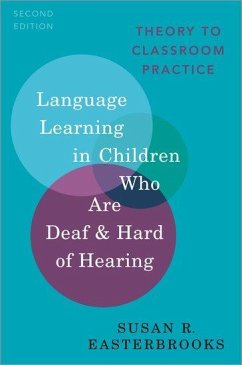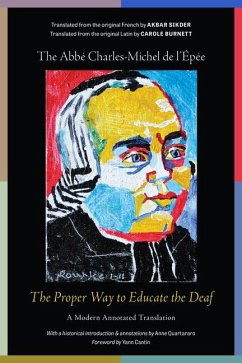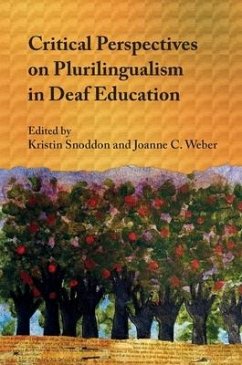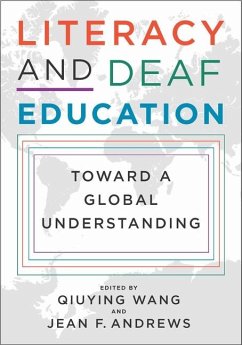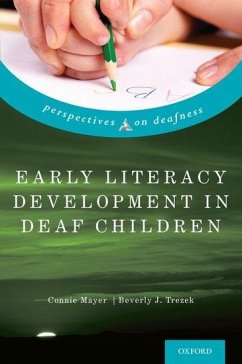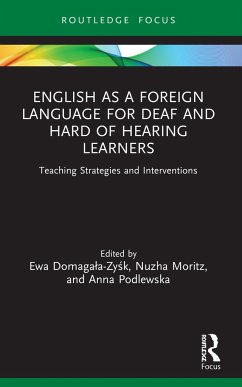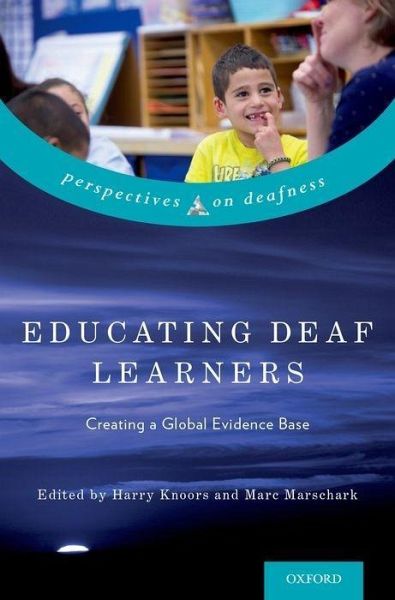
Educating Deaf Learners
Creating a Global Evidence Base
Herausgeber: Knoors, Harry; Marschark, Marc
Versandkostenfrei!
Nicht lieferbar
Education for deaf learners has gone through significant changes over the past three decades. The needs of many have changed considerably. But deaf learners are not hearing learners who cannot hear. This volume adopts a broad, international perspective, capturing the complexities and commonalities in the developmental mosaic of deaf learners.






